AKP visits opposition parties for constitutional change on headscarf and family issues
Justice Minister Bekir Bozdağ and AKP group deputy chair Mustafa Elitaş have visited opposition CHP, HDP and İYİ parties to discuss the new constitutional amendment that the ruling AKP is preparing on headscarf and family issues.
Duvar English
Justice Minister Bekir Bozdağ and ruling Justice and Development Party (AKP) parliamentary group deputy chair Mustafa Elitaş on Nov. 2 visited three opposition parties to discuss the new constitutional amendment that AKP will present to the parliament on the right to wear headscarf and family issues.
Bozdağ and Elitaş first visited the main opposition Republican People’s Party (CHP).
CHP Group Deputy Chair Engin Altay said regarding the visit that "We said that we will not be a part of the constitutional amendment proposal prepared by the AKP. We will evaluate the proposal after we see it."
President Erdoğan first on Oct. 5 called for a constitutional amendment to guarantee the right to wear headscarf for women, after the CHP on Oct. 4 submitted a draft law with regards to the issue.
Erdoğan later said that the constitutional amendment in question will also include the protection of family which according to him "consists of the union of man and woman."
"The concept of family is indispensable for us. Because a strong nation comes from a strong family. Lately they have introduced LGBT into society, trying to degenerate our family structure," Erdoğan further said on Oct. 7. Erdoğan said this constitutional amendment will protect families from what he called "perverse trends,” targeting LGBTI+ groups.
CHP's move came amid allegations that the CHP would reban headscarf if it won the general elections scheduled to take place in June 2023.
After CHP, Bozdağ and Elitaş visited another opposition party, Peoples’ Democratic Party (HDP) at the parliament.
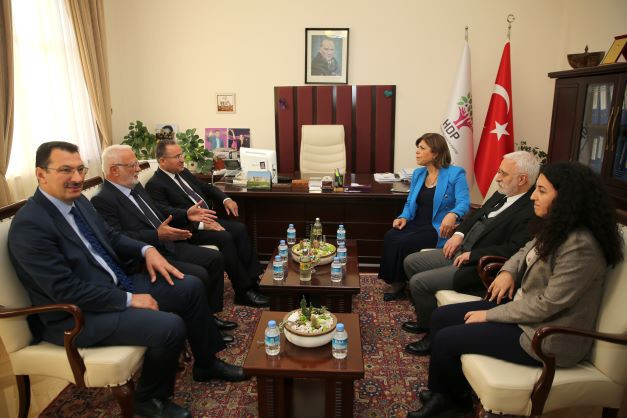
HDP Group Deputy Chairs Meral Danış Beştaş, Saruhan Oluç, and HDP spokesperson Ebru Günay answered the questions of the press after their meeting.
Beştaş said that “They shared that they want to amend only Articles 24 and 41 of the constitution. We will be sharing our stance on this with the public as a result of our evaluation within the party. Our stance on freedom of dress, on the headscarf, on women's rights is clear. We did not have a negative attitude towards this, but we will decide how we will make decisions in such a period in our relevant committees.”
Beştaş stated that they did not directly give a "yes" or "no" answer to the AKP delegate, and that the government officials stated that the proposal would be submitted to the Parliament on Nov. 7.
“Before they came, we knew that there was a change in clothing and headscarf in Article 24, and a regulation on the establishment of a marriage union between men and women in Article 41, which regulates the institution of the family. As HDP, our stance on this issue is in favor of law and universal law. We do not find the referendum correct in a case whose subject is rights and freedoms. How can we ask the public for a right about how people dress? This is an inalienable right,” Beştaş added.
The support of 400 deputies (out of 600) is required to allow a constitutional amendment in the Turkish parliament. The total number of seats in the People's Alliance, consisting of ruling AKP, far-right Nationalist Movement Party (MHP) and the ultranationalist Grand Unity Party (BBP), is 335. This means that 65 deputies out of the ruling alliance are needed for the constitutional amendment to be approved by the parliament.
On the other hand, 360 deputies are needed for the parliament to decide on a referendum.
The issue of the headscarf ban held an important place in public and political debates in Turkey in the 1990s and early 2000s.
The AKP lifted the headscarf ban for students in universities in 2010 and for public employees in 2013.

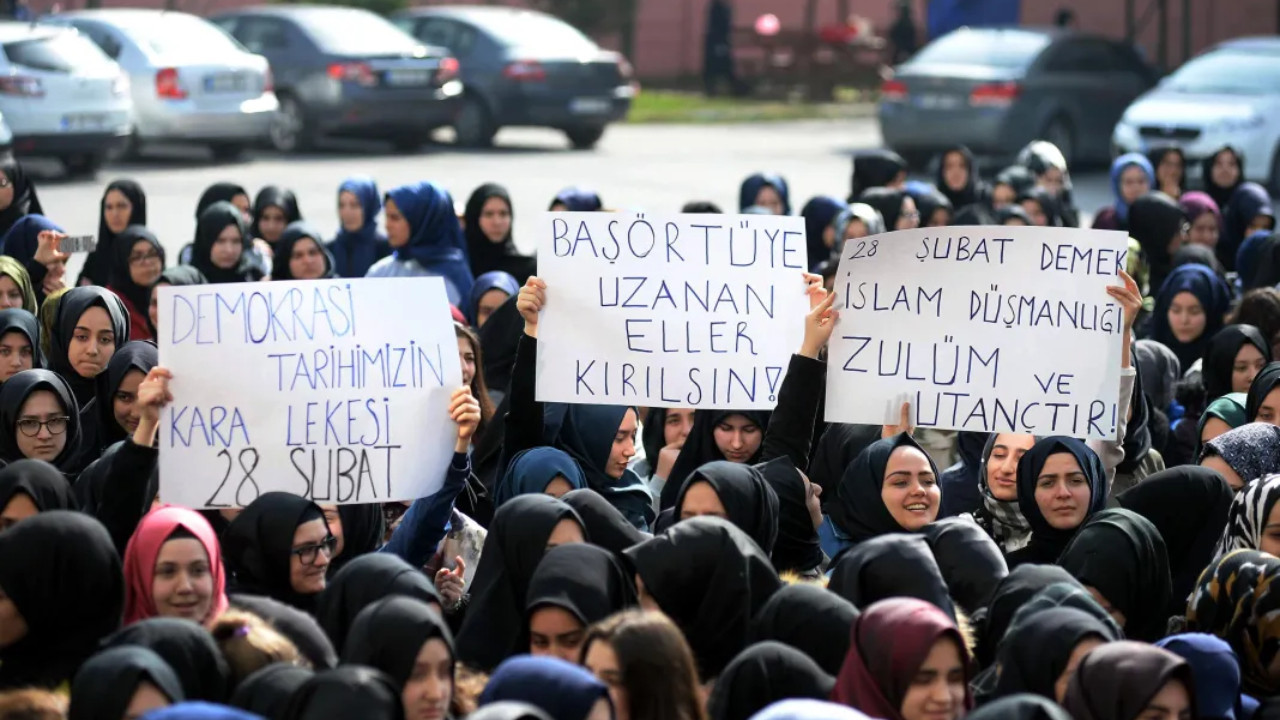 90 percent of Turks think there is no ‘headscarf problem’Politics
90 percent of Turks think there is no ‘headscarf problem’Politics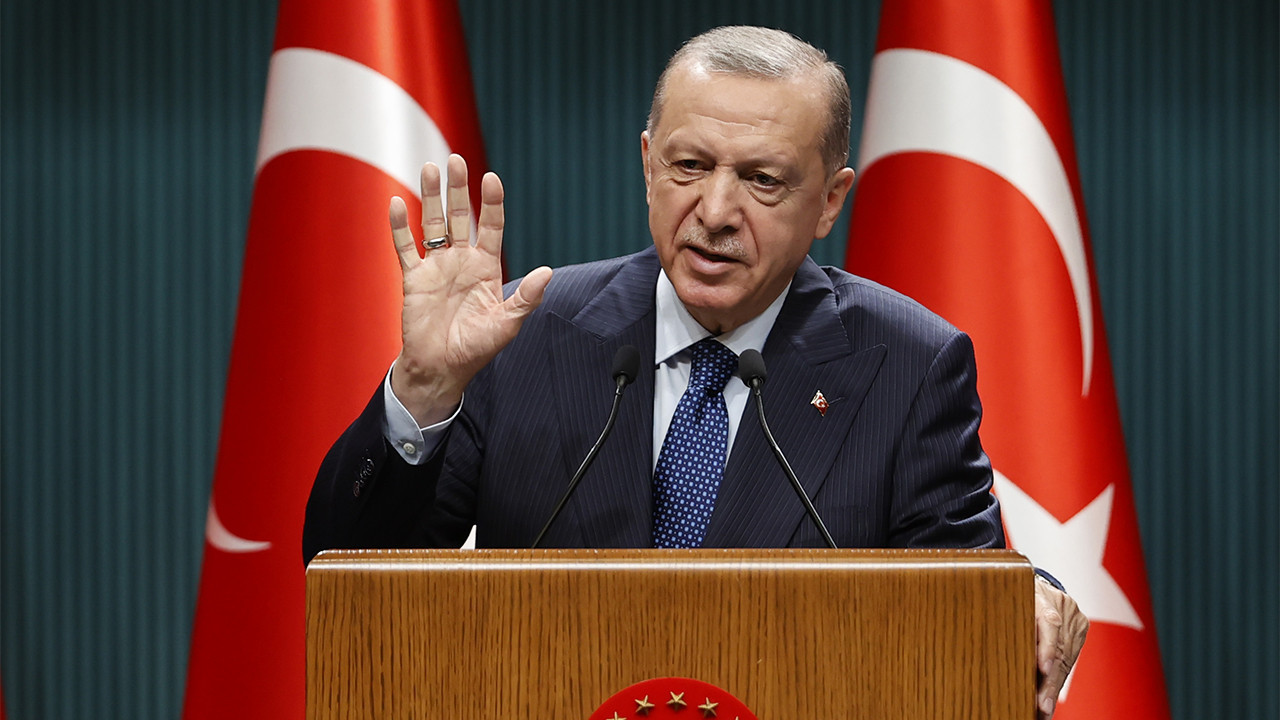 Erdoğan says constitutional amendment will protect families against 'perverse trends'Politics
Erdoğan says constitutional amendment will protect families against 'perverse trends'Politics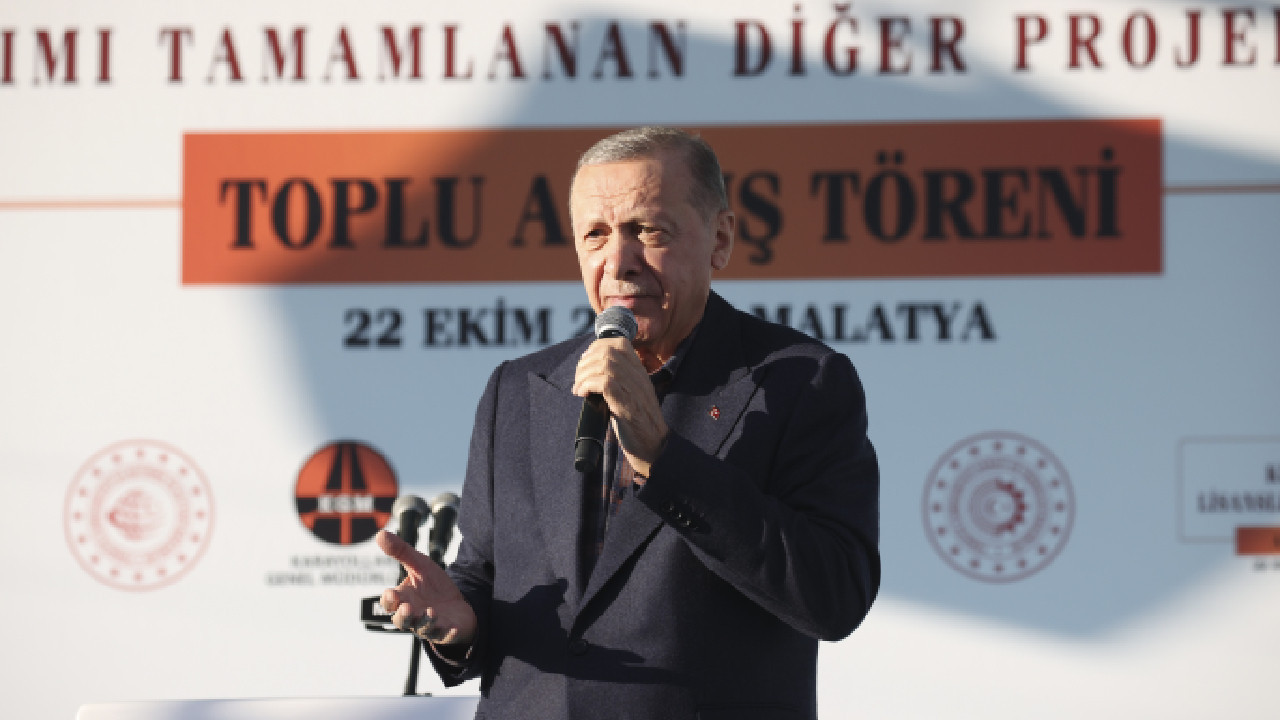 Erdoğan calls for referendum on right to wear headscarfPolitics
Erdoğan calls for referendum on right to wear headscarfPolitics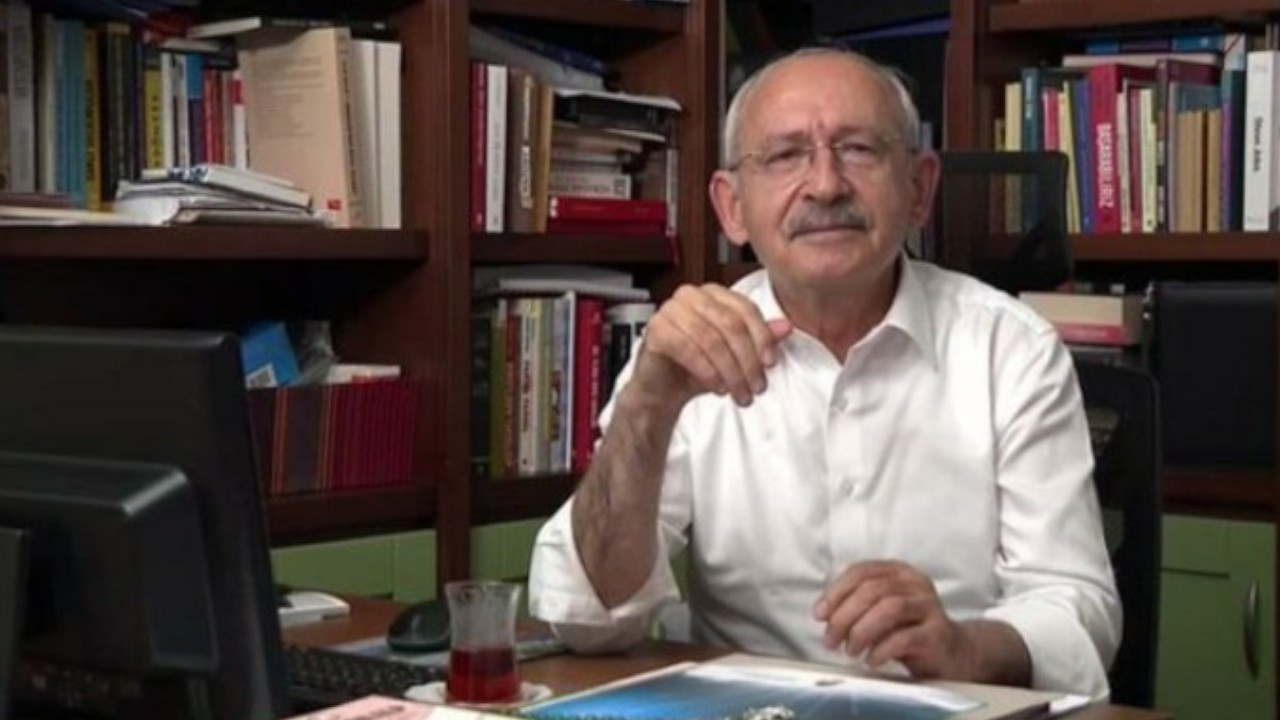 Turkish main opposition to submit draft law on right to wear headscarf in publicPolitics
Turkish main opposition to submit draft law on right to wear headscarf in publicPolitics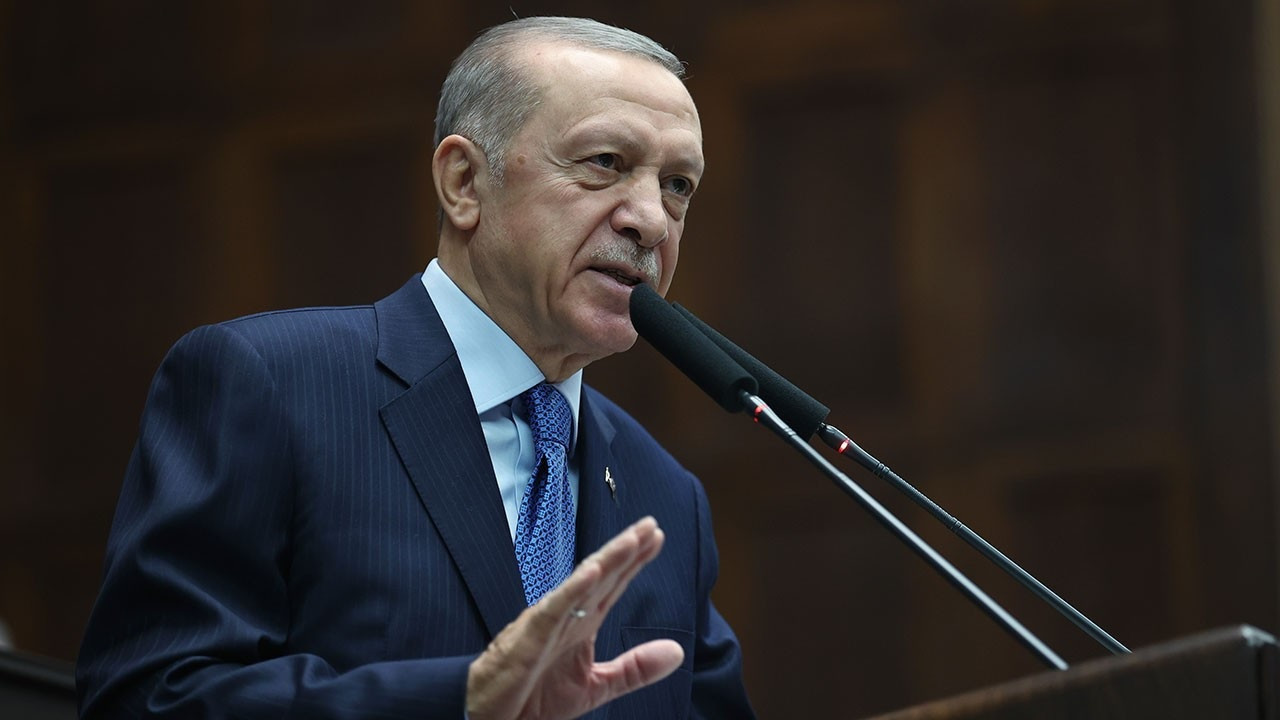 Erdoğan asks for constitutional amendment on right to wear headscarf in public after CHP leader’s callPolitics
Erdoğan asks for constitutional amendment on right to wear headscarf in public after CHP leader’s callPolitics